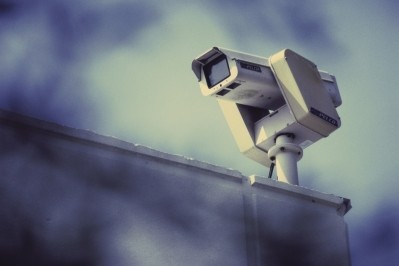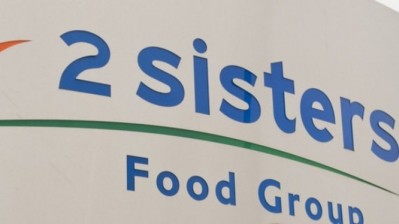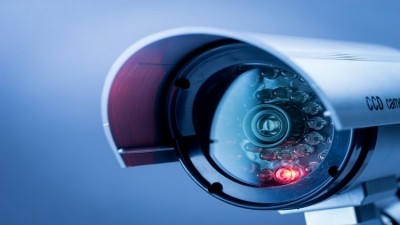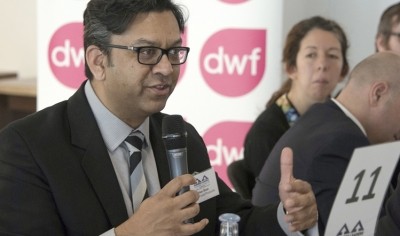Food factory CCTV has ‘substantial limitations’
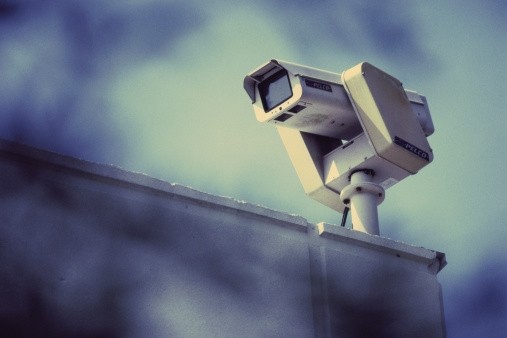
There are many reasons why CCTV is implemented at plants, such as checking for health and safety incidents or fraudulent activity.
However, Dominic Watkins, partner global regulatory compliance and investigations at DWF Law, said that while CCTV could seem like a “wonderful idea” in principle, it was not a “great golden ticket” in practice.
He said that although CCTV had benefits, such as retrospectively checking incidents, there could be pitfalls.
Expensive
A CCTV system could be time-consuming and expensive to implement and monitor, argued Watkins.
“It requires someone to be doing that remote viewing and requires cameras to be in the right places,” he argued. “If you are using it for a form of surveillance, you need to inform your staff that you are doing it.
“If someone is doing something they are not supposed to be doing, there is a pretty good chance that they know the CCTV is there and there is a good chance they won’t be doing it on the CCTV.”
Holistic approach
He argued that CCTV should be used as part of a holistic approach, which should include people monitoring and managing on the factory floor.
“It has obvious substantial limitations and it is not the one thing that is going to solve all these problems,” he said.
“You can avoid it with culture and getting the staff to behave in a particular way and, in general, the sector does pretty well at that.”
CCTV is used in various abattoirs and by businesses such as 2 Sisters Food Group. During the recent House of Commons’ Environment, Food and Rural Affairs Select Committee hearings into 2 Sisters’ production practices, its boss Ranjit Singh Boparan pledged to extend the use of CCTV.
A 2 Sisters spokesman admitted that the company was extending coverage so all its cutting and processing plants would have 100% coverage.
“We already lead the sector with this,” he said. “All our abattoirs already have CCTV, and the majority of our cutting plants also.
“I think most colleagues appreciate the system, as CCTV is such a fact of life nowadays, and it brings confidence and reassurance for both colleague and employer.”
Data Protection Act
Meanwhile, the Information Commissioner’s Office (ICO) said several of the requirements of the Data Protection Act would come into play whenever an employer wished to monitor workers.
An ICO spokeswoman said: “The Act does not prevent an employer from monitoring workers, but such monitoring must be done in a way which complies with it.”
That means organisations using CCTV must justify its use and ensure it is proportionate and necessary.
“We recommend that organisations carry out a privacy impact assessment to ensure these criteria are met,” she said.
